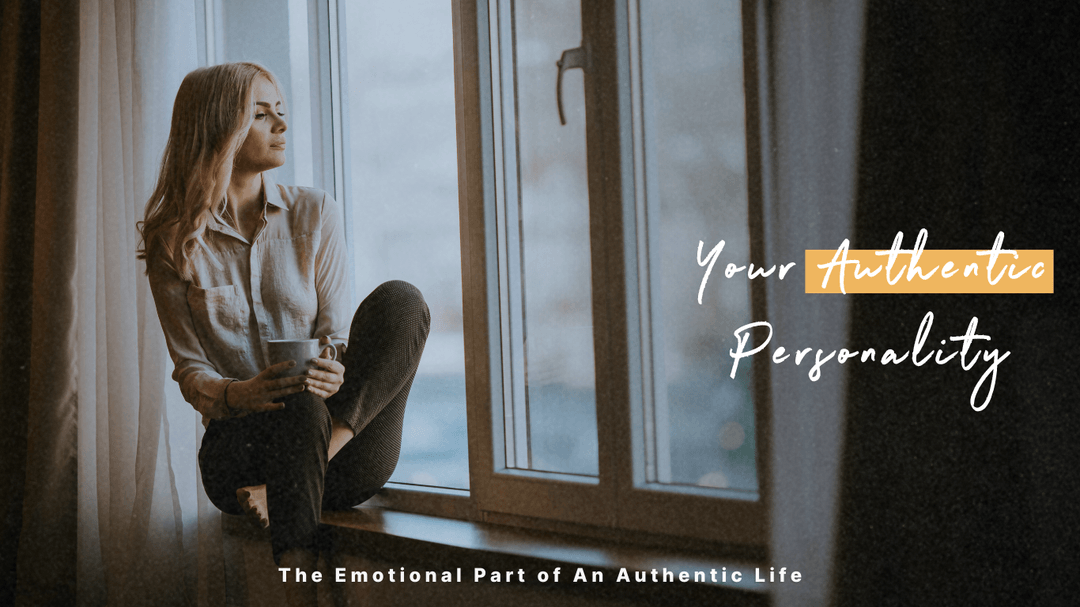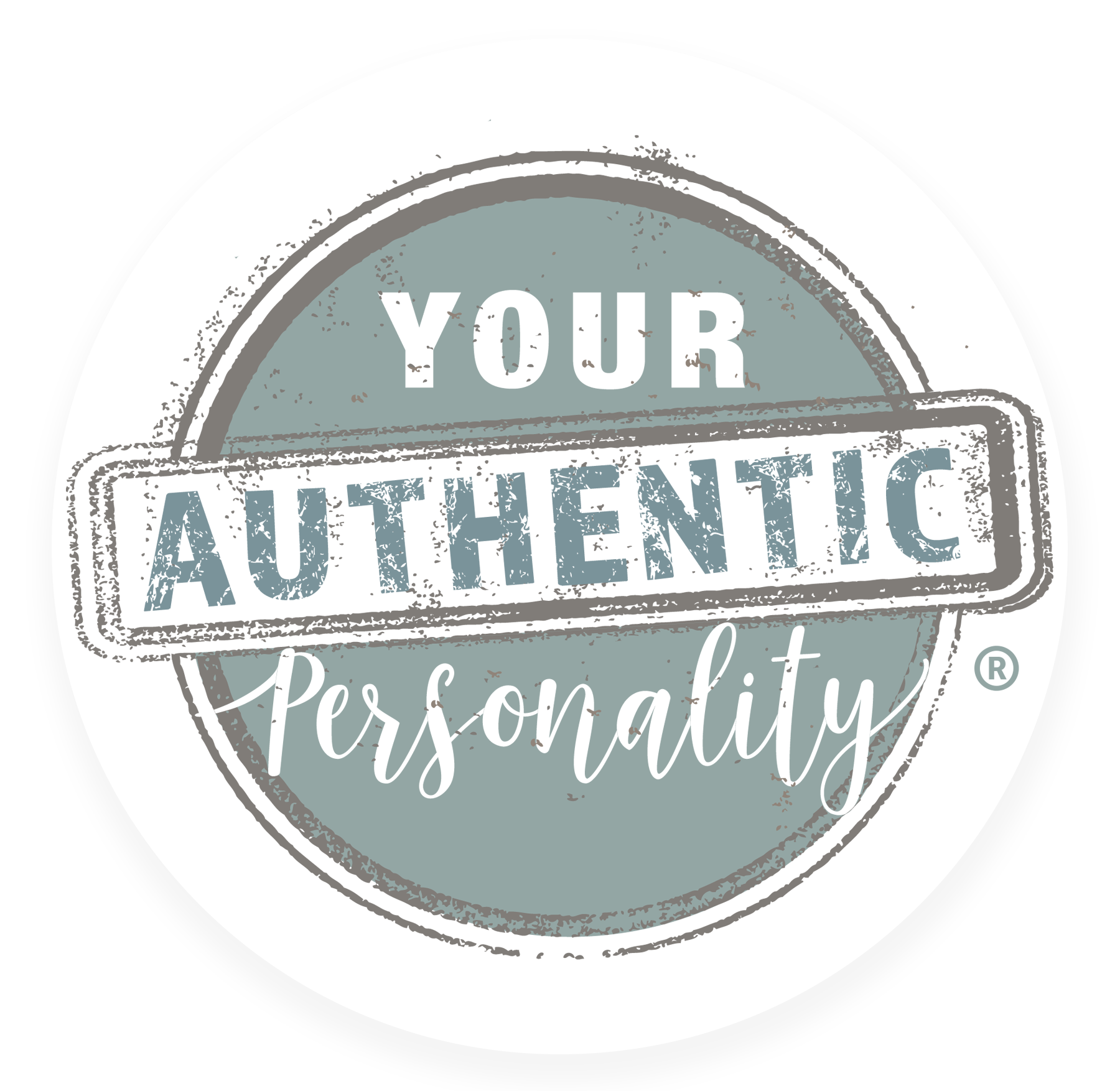The Emotional Part of An Authentic Life
January 14, 2025
The Emotional Part of An Authentic Life

Several years ago, I was checking in to my very hot yoga class, when I overheard two teachers behind the desk talking about emotions. One of them said with complete confidence, “I can always tell what people are feeling. If I don’t see it on their face, I can smell it in their sweat.” Then she glanced my way and said, “especially anger.” Why was she looking at me? Did I have angry sweat? I had been in her class before so she might have caught a whiff of me. Holy cow. I suddenly felt shame and embarrassment. What if I was walking around reeking of anger? What if they were talking about me, the angry one, in the yoga break room? What if they knew something about me that I didn’t even know? I felt judged, and judgment always makes me want to hide. But how do you hide an angry smell at yoga when it’s flooding out your pores? Do you stand in the back? Change studios? Douse yourself in lavender before you even arrive? My mind was busy for the first twenty minutes of class trying to figure it all out, but then somewhere between Standing Head to Knee and Balancing Stick Pose, a new thought occurred to me. What’s wrong with smelling like anger? (Hey, if you’re going to smell like anger, you might as well take advantage of it.)EMOTIONS ARE THE LANGUAGE OF THE SOULAnger not a sin. Ephesians 4:26 proves it when Paul instructs us to “Be angry and do not sin.” What you do with your anger might be a sin (we’ve all been there) but anger itself is not a sin. It’s a human emotion, given by God, and necessary for an authentic life, much like sadness, fear, happiness and peacefulness. Emotions are the language of the soul. As Dan Allender and Tremper Longman say, “Emotions give the heart a voice.” They are a form of expression that indicate what’s going on inside of us and can help us understand ourselves and grow our relationship with God if we don’t ignore them. As Augustine wrote in Confessions in 400AD, “How can you draw close to God when you are far from your own self?” Many of us have been taught at home or in church that emotions are dangerous or frivolous and not to be considered. Don’t trust your feelings, we learned, for they will lead you away from the truth of God. Yes, you can be joyful and content, but do not get angry, sad or feel afraid—those emotions as we’ve been told, are counter to the Christian life. So, we distance ourselves from what we feel, paying no attention to our sensations, and wonder why we don’t experience an authentic life.EMOTIONS ARE FROM GODHere and now, let’s put to rest this notion that emotions are bad or ungodly. Ecclesiastes 3:1 tells us that “there is a time and a season for everything“, including every emotion. Verse 4 says, “a time to weep and a time to laugh, a time to mourn and a time to dance.” In Emotionally Healthy Spirituality, Peter Scazzero, says this: Scripture reveals God as an emotional being who feels-a Person. Having been created in His image, we also were created with the gift to feel and experience emotions. Consider the following: God saw that it was good…very good” (Genesis 1:25, 31). In other words, God delighted, relished, beamed with delight over us. The LORD grieved that he had made man on the earth, and his heart was filled with pain” (Genesis 6:6) “I, the LORD you God, am a jealous God” (Exodus 20:5). “For a long time I have kept silent, I have been quiet…But now…I cry out, I gasp and pant” (Isaiah 42:14). “The fierce anger of the LORD will not turn back until he fully accomplished the purposes of his heart” (Jeremiah 30:24). God is emotional and so are you. Your emotions are part of your authentic design are intended to lead you to the real you.EMOTIONS AS INDICATORSAn awareness of your emotions can also lead you to more authentic actions. If you are angry, it’s an indicator that you are not getting what you want or you are getting what you don’t want. Anger arises to mobilizes you to action. In my earlier yoga example, I was getting judgment that I didn’t want. It may not have even been coming from the yoga teacher, but I know it was coming from inside of me. I had believed the lie that anger was bad so I felt judged. Healthy anger moved me to fight against that lie and stand for truth. If you are angry, what limit do you need to set? What action do you need to take? If you are sad, it’s an indicator that you’ve experienced a loss. Sadness helps you to grieve your losses and accept a new reality. What loss do you need to recognize? What needs to be grieved so that you can move on? If you are scared, it’s an indicator that God is absent, at least from your awareness. “There is no fear in love, but perfect love casts out all fear” (1 John 4:18), so fear and love cannot exist together. The areas in which you are afraid (finances, relationships, health, or the future) indicate areas where God’s love is missing in your heart. What fear needs to be acknowledged? Where do you need to invite God’s love in? If you are happy, it’s an indicator that you need to praise and rejoice. Happiness allows you to celebrate the goodness of God, be open to the possibilities before you, and share His glory with others. What do you need to thank God for? What good news can you share with others? Go forth and recognize your emotions, so you can understand what is going on in your authentic soul. Then let your feelings lead you the authentic actions needed to love God, yourself and others. In the next post, I’ll share a tool to help you identify your emotions and disclose the main emotion of each personality type.




